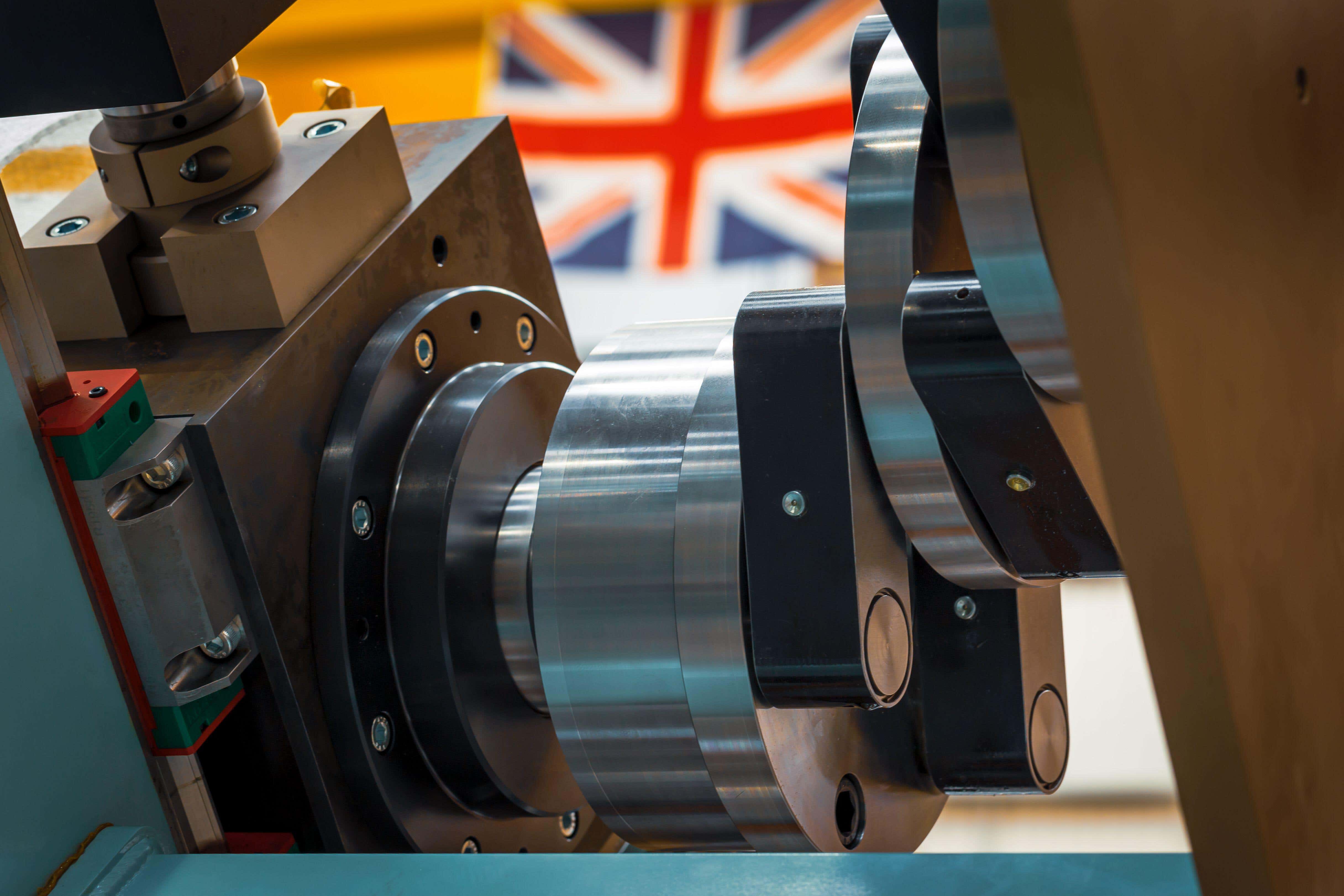UK manufacturing sector shrinking at fastest pace since lockdown, data suggests
A new survey showed that – discounting Covid-19 – the sector is struggling more than at any time since the 2009 financial crash.

The UK’s troubled manufacturing sector shrank at its fastest rate since the early days of the Covid-19 pandemic last month, new data suggests.
According to the influential S&P Global/CIPS UK Manufacturing PMI survey the sector has now shrunk for 13 straight months.
The survey’s reading dropped from 45.3 in July to 43.0 in August, it was revealed on Friday.
It means that it has been 39 months since the survey scored so low for the manufacturing sector.
Discounting the pandemic lockdown in the spring of 2020 the survey has not scored this poorly since the 2009 financial crisis.
“Manufacturers reported a weakening economic backdrop as demand is hit by rising interest rates, the cost-of-living crisis, export losses and concerns about the market outlook,” said Rob Dobson, director at S&P Global Market Intelligence.
“While this is being felt across the manufacturing industry, business-to-business companies are especially hard hit.
“Intermediate goods producers saw the steepest drops in output, new orders and employment as a result.”
Dr John Glen, chief economist at the Chartered Institute of Procurement & Supply, said: “The constant pressures on business costs from inflation and the systemic weaknesses in the UK and global economies were also driving the fastest fall in new orders since the financial crisis, outside the pandemic years.”
There were, however, some small silver linings.
For a start, the PMI score beat the forecast of 42.5 that experts had expected it to fall to.
Secondly, there were more signs that inflation concerns are easing.
The ‘plus’ side of the downturn is that input costs are now falling at the quickest pace since January 2016 and inflationary supply chain issues are abating, which should help feed through to lower goods price inflation in the coming months
The costs that manufacturers faced fell for the fourth straight month and at a faster rate than at any point since January 2016.
Mr Dobson said: “The ‘plus’ side of the downturn is that input costs are now falling at the quickest pace since January 2016 and inflationary supply chain issues are abating, which should help feed through to lower goods price inflation in the coming months.
“The survey data therefore suggest policymakers will become increasingly focused on concerns over the economy’s health as they mull the need for further rate hikes.”